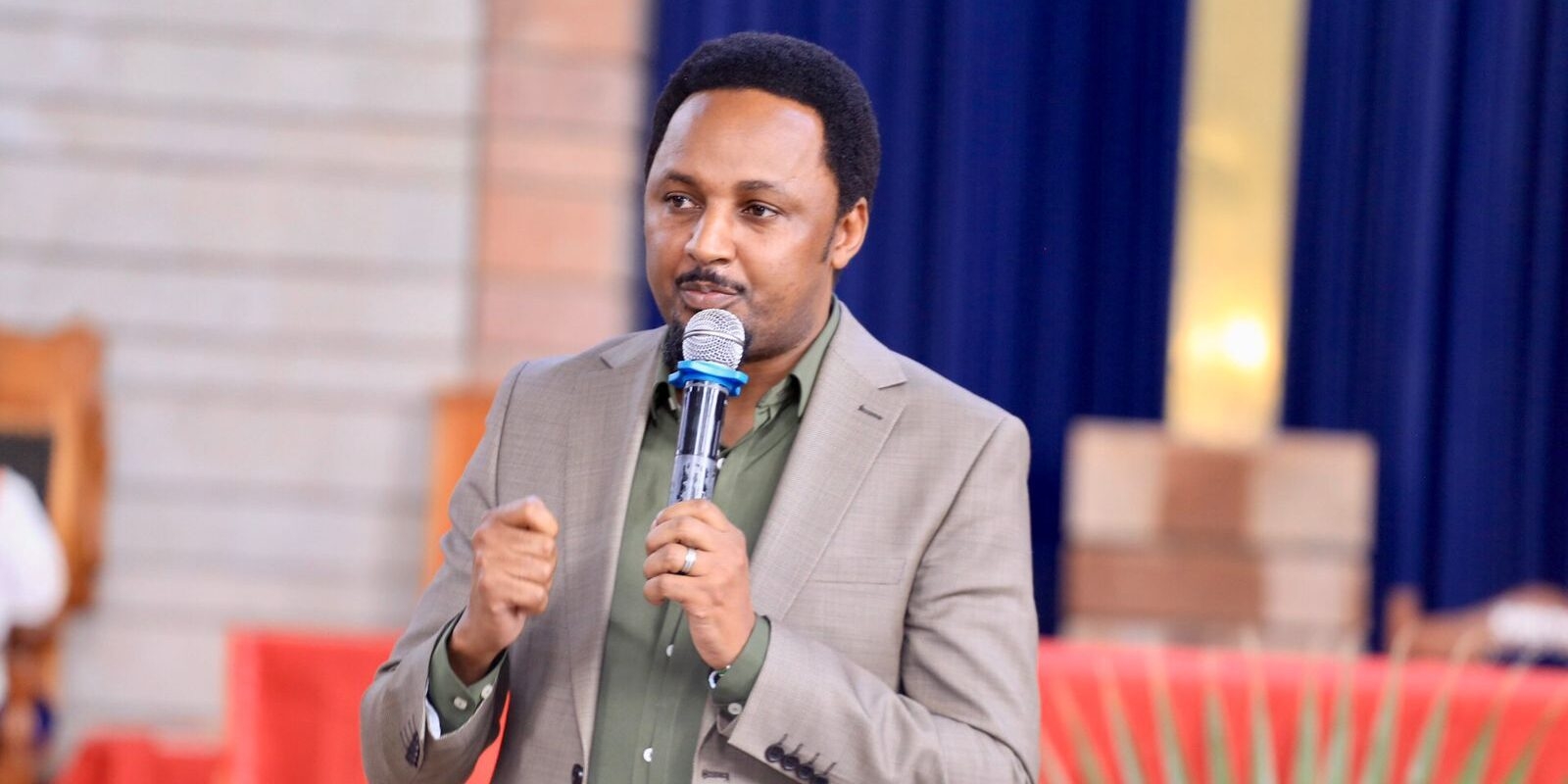The International Monetary Fund has sympathised with the families of Kenyans who lost loved ones or suffered injuries in anti-government protests.
IMF expressed their compassion on Kenyans for the tragic events that happened recently.
While speaking on Friday, IMF Spokesperson Julie Kozack said the situation experienced in the country reflects a broader challenge affecting low-income countries.
"Let me start by expressing our deepest sympathies to Kenyans affected by the tragic events in Kenya. Our hearts go out to those who have lost their loved ones or suffered injuries," she said.
"With respect to Kenya's broader situation. The situation reflects a broader challenges facing many of our low-income members."
Kozack said that many of the low-income countries are experiencing a funding squeeze.
This, she said, is on account of tighter global financial conditions and reduced availability of concessional financing.
"Policymakers in these countries including Kenya face a complex balancing act, they have pressing spending needs in priority areas such as social programmes, health and education," she said.
Kozack added that they are managing rising public debt and debt service and have the challenge of boosting domestic revenue.
"For Kenya specifically, the goal of our IMF-supportive programme is to help establish sound macroeconomic fundamentals which are crucial for fostering sustainable and inclusive growth in the country," she said.
Kozack said that it is crucial to generate jobs for Kenyans including the young population.
She said the Fund is working with authorities to meet the objectives that they set.
Her sentiments come in the wake of weeks of protests in the country.
Kenyans across the country have come out to protest against the Finance Bill 2024 which later saw President William Ruto decline to sign the Bill returning it to Parliament.
However, agitated Kenyans have still vowed to hold protests in a bid to demand accountability and better governance.
ActionAid faulted IMF over its failure to provide policy advice to Kenya on revenue-raising measures to service debt.
This has seen the country raise taxes on essential goods and services as part of a debt repayment strategy, a move that has been met with public backlash.
ActionAid International Kenya Programmes and Strategy Lead Samson Orao said that by advising the Kenyan government to prioritise debt repayment through tax hikes over funding for basic needs, development, and social programmes, the IMF has exposed the most vulnerable to an extremely high cost of living.
“Raising taxes to service debt instead of addressing issues that affect everyday people, like tax rates or road conditions is a recipe for disaster and one whip too many on the backs of Kenyans, who continue to tighten their belts and bear the burden of the government’s austerity measures,” said Orao.
He added that it is unfortunate that the IMF has learned nothing from its past failed policy advice to governments in Africa, dating back to the structural adjustment programmes in the ‘80s.
On Thursday, Ruto fired his entire cabinet save for the Prime Cabinet Secretary Musalia Mudavadi.
Ruto said the decision was reached after listening to what Kenyans wanted.
According to Kozac, Kenya’s IMF-supported programmes include reforms to improve governance, transparency, and responsible use of public funds.
She said their main goal is to prioritise safeguarding social programs and protecting the most vulnerable members of society.
"We are confident that we will be able to find a balanced path forward with Kenya."











